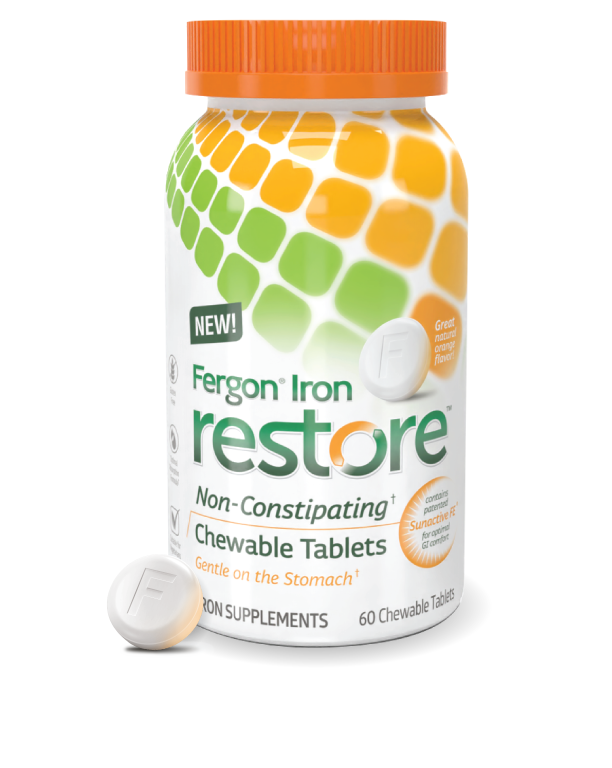While people who have been diagnosed with iron deficiency may be consuming an adequate amount of iron in their diets, they still may suffer serious deficiency symptoms.
It may come as a surprise to learn that absorbing iron is just as important as consuming iron. This means that excess iron that a person takes in may not be benefiting the body if other factors aren’t addressed first.
This article addresses how iron is absorbed in the body and strategic ways to ensure that one’s body is absorbing the iron being consumed through diet and supplementation.
How Iron Is Absorbed in the Body
To begin, iron absorption depends on the form that enters the digestive tract. Heme iron is found in red meats and is the most easily absorbed form. Non-heme iron can come from plants and is typically less easily absorbed in the body. Absorption is also dependent upon inorganic iron ions that change state during the process of absorption.
The absorption of iron is controlled by a dietary regulator and a stores regulator, both of which are largely affected by diet composition. Once ingested, iron passes through cell membranes that line the intestines and are transferred into the plasma. Transferrin, a protein, attaches to this iron to transport it throughout the body. Iron is also transferred to bone marrow to create hemoglobin and red blood cells.
Why Iron Absorption is Important
Iron must be properly absorbed into the body so that it can be stored for both current and future use. Through meals and iron supplements like Fergon® Iron restore™, the body uses some absorbed iron for immediate purposes and stores the remainder as ferritin.
Ferritin is a protein used for storage in the body’s cells that supplies iron when the body needs it later on. Once these stores are depleted, an iron deficiency occurs. Common symptoms of iron deficiency are fatigue, shortness of breath, dizziness, tongue swelling, and odd food cravings.
Ways to Increase Iron Absorption
One of the most well-known and most effective ways to boost iron absorption is to consume vitamin C with iron-rich meals. Eating animal protein found in meat can increase one’s overall iron intake, as well as iron absorption. For vegetarians and vegans, combining plant-based iron sources with vitamin C rich foods, like citrus fruits and dark leafy vegetables, can help tremendously.
It’s important to avoid drinking tea and coffee while consuming iron-rich foods to increase one’s absorption. It has also been advised to avoid dairy products and soybean products in iron-rich meals to help the mineral absorb more effectively into the body. Proper meal planning is the key to helping one’s body absorb the iron it needs and store the remainder for a later time.

